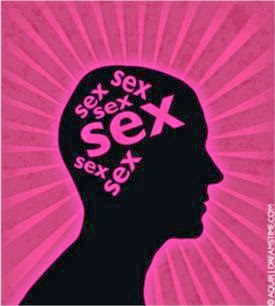Just Neurons?

Neuroessentialism is the belief that you , your mind, your identity, are essentially just your brain. It gets touted as an example of how science has triumphed, once again, over superstitions of the past - your soul hasn't died , it was just an illusion! Created by the brain. With memory, sensation, speech, and just about every other human attribute found to be located in one gyrus or another, it seems like there isn't anything left that could be outside of the brain. Francis Crick referred to this as the “astonishing hypothesis[1],” and while Stephen Pinker pointed out that for most neuroscientists this idea hardly warranted much astonishment[2], what might be more astonishing is how quickly the idea is bleeding out of the laboratory into popular media. The basic philosophical foundations of this notion have been around for a long time (as mentioned on the [highly entertaining] podcast “ very bad wizards, ” we've known for a long time that when you remove the head, the mi...

